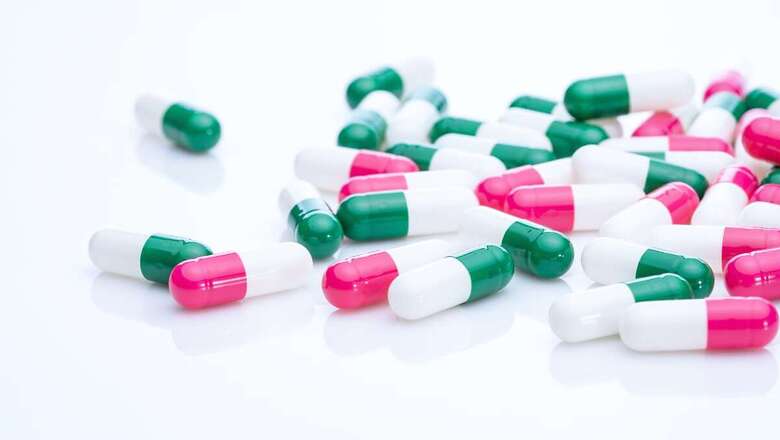
views
Amid the increasing incidents of counterfeit or fake medicines in the market, anti-cancer drugs may soon require mandatory QR codes and track-and-trace mechanisms, News18 has learnt.
Submitted by the expert panel Drug Technical Advisory Board (DTAB), the drug regulatory agency Central Drugs Standard Control Organisation (CDSCO) is considering a proposal for bringing in a ‘track and trace mechanism’ for oncology products by providing bar codes or QR codes.
India already runs a system where the top-selling 300 medicine brands including Shelcal, Calpol, Dolo, Allegra and Meftal Spas, carry QR or bar codes to verify their authenticity. The move, which was introduced in 2023, aimed at weeding sub-standard and counterfeit medicines out of the system.
According to the minutes of the meeting of DTAB, seen by News18, the panel of experts was apprised of the increasing incidents of fake oncology drugs. The minutes mention an instance stating “in New Delhi where unscrupulous criminals in collusion with hospital pharmacies were found refilling empty vials of expensive anti-cancer medicines with counterfeit drugs. These fake drugs were then mixed with genuine stocks and sold to unsuspecting cancer patients and putting their life at risk.”
The panel discussed the incident involving more than 140 vials of the fake chemotherapy medication, that originally cost around Rs 4 crore in the open market, seized by Delhi Police.
The experts opined that these anti-cancer drugs must be issued under strict directives to implement “mandatory QR codes and rigorous track and trace mechanisms on every vial and strip of medication that are marketed in India.”
“DTAB deliberated the matter and agreed for the proposed amendment to include all anti-cancer Medicines under Schedule H2 of Drugs Rules, 1945,” said the minutes.
The panel has proposed that Schedule H2 of Drugs Rules, 1945 may be amended to include all anti-cancer medicines to have a mandatory provision to print or affix bar code or quick response code on its labels. Under Schedule H2, the chemist cannot dispense the medicine unless he keeps a copy of the prescription with themselves – hence, keeping proof of dispensing the drug. This puts an onus on the retailer that the drug dispensed is genuine.
The move holds relevance amidst the increasing number of incidents involving the sales of fake cancer drugs, including several rackets busted by state police officials.
Need a foolproof system to assure zero error drug delivery: Oncologists
Oncologists have welcomed the proposal and are calling for its urgent implementation.
According to Dr Gaurav Dixit, unit head, haemato-oncology at Gurugram-based Artemis Hospital, it is a very positive move as for cancer patients, counterfeit medicines can cost them not only money but also their lives.
“The medicines to treat cancer are expensive and at times, even single doses would cost lakhs. Hence, these medicines become an easy target,” Dixit said while explaining that “infact, there are some medicines which are not available in India and patients manage to buy these on their own. However, there is no mechanism to check the genuineness of the medicines procured.”
For oncologists, he said, it becomes very difficult to comprehend why some medicines do not show the desired effects on the patients, despite positive results in clinical trials and other documented studies. “There could be multiple reasons behind why the drug hasn’t shown desired results but one of those reasons could also be that the drug was fake. Hence, the government’s proposal to fix the issue of fake drugs is very crucial.”
Similarly, Dr Satya Prakash Yadav, director, of pediatric haematology-oncology and bone marrow transplant at Medanta Hospital told News18 that there is “absolutely no room for error” when a medicine is produced for patients.
“We simply can’t compromise on quality and it can’t be modified by anyone when it reaches the patient.”
Yadav insisted that “we do need a foolproof system to assure zero error in drug manufacturing and drug delivery.”




















Comments
0 comment